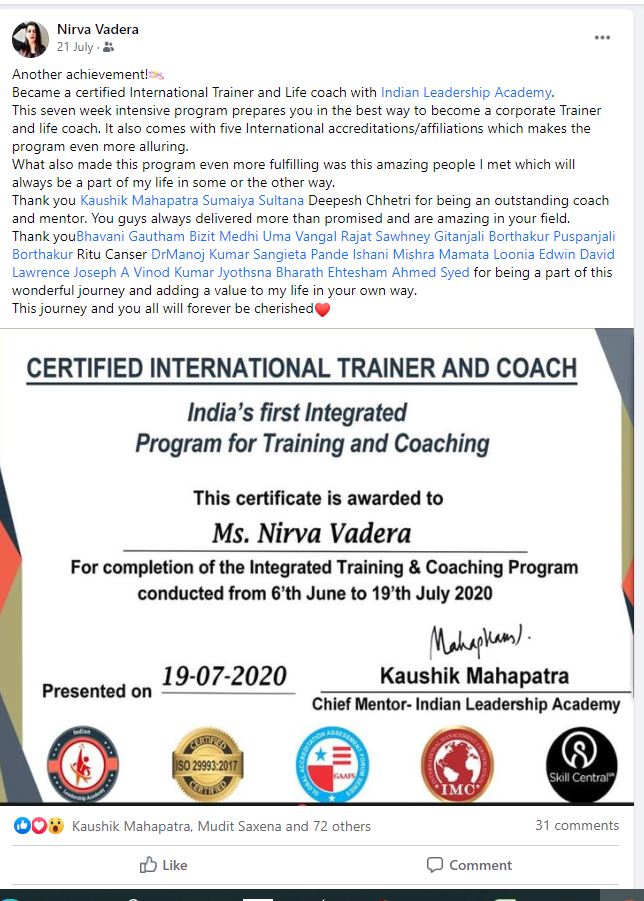
Building muscle does not mean lifting weights. It is also about the mind-to-muscle connection. This article will discuss why cardiovascular exercise should be part of your build muscle plan. Everybody is unique, and every body has different parts. Therefore, it is crucial to train all muscle groups.
Proper reps are essential for proper recovery and relaxation.
A build muscle workout program must include proper reps and adequate rest time. You should aim to limit rest time to a minimum of 60 seconds. Too much rest can hinder your recovery. Your primary goals and intensity of your exercise will determine the ideal amount of rest.
For increasing muscle endurance, it is important to have adequate rest. An ideal amount of rest is 20-60 seconds between sets. For exercises less strenuous, you might only need a minute of rest.
Exercises compound
A compound exercise involves multiple muscle groups. The primary muscle will perform, while the secondary muscles will carry the weight throughout the range of motion. These muscles also act as dynamic stabilizers. You will be able to do more complex exercises and still have strength. A compound squat, for example, will strengthen your quads, hamstrings, core, and back muscles.

You must use proper form when performing compound exercise. The best rule of thumb when lifting compound exercises is to not lift too heavy. For the best results, aim for eight to twelve repetitions per exercise. Compound exercises require more weight than isolation exercises, so you must adjust your weight to meet the demands of the exercise.
Isolation exercises
You can increase your muscle size and strength by including isolation exercises in your muscle building program. They are a great way to work on the smaller muscle groups, while also working the larger. Plus, they're highly versatile and can be used for pre-exhaust sets or burnout sets at the end of your muscle-building workout.
Pin-loaded or free weights are options for isolating muscles. They're a great way to avoid muscle pattern overload, and are also helpful to correct muscle weakness. Also, weak muscles can lead to unanticipated problems later in life. For example, a weak gluteus medius can cause pain in the hip, knee, or ankle.
Mind-to muscle connection
It allows you to target specific muscle groups with the mind-to–muscle connection. This encourages your brain to pay more attention to your movements. It also helps you recruit more muscle fibers in a contraction. This will make your muscles more flexible and reduce metabolic stress. This is what you need to achieve muscle growth. This has been shown to show visible results by many bodybuilders.
When working out, it is important to use the mind-to muscle connection. This will help you increase strength and form. It's easier to avoid common muscle issues like arching the back, or pushing one side harder than the other.

You should sleep for 7 hours each night before starting a workout
Sleep is an important component of your fitness routine. You should get at least seven hours of sleep, but ideally a full eight or nine hours is better. This is important because while you're asleep, your muscles grow. This will ensure that your muscles grow at their best. While most people think about diet and exercise when planning their workouts, sleep is just as important. You may find that it is even more important than the food you eat.
Sleeping less can have many negative consequences for your workouts. It can cause foggy thoughts and reduce focus. It can also cause higher cortisol levels, which can negatively affect your daily activities. In addition, lack of sleep can cause your muscles to break down.
FAQ
Can I exercise after eating?
It depends on the exercise you do. Avoid doing strenuous activity after eating, as it can cause stomach cramps. Instead, focus on light aerobic activities like brisk walking or biking.
Do I need a warm-up before I go?
Warming up before an activity can reduce muscle soreness, improve performance, and help to prevent injury. There are many methods you can use to warm up, including running, jumping rope and stretching. You can start slowly and increase your intensity gradually.
Is it safe and legal to exercise in cold conditions?
If possible, go outside. While the air temperature is a major factor in determining whether or not it's safe to exercise outside, it's not the only one. The factors that determine whether it's safe to exercise outdoors include wind speed, humidity, rain, visibility, and even visibility. Layers of clothing will protect you from rain and wind chill if you exercise outdoors in inclement climates.
How many hours should I sleep each night?
The recommended sleep hours vary based on gender, age and individual needs. Most adults need between 7 and 9 hours of sleep per night. Teenagers and children need approximately 10 hours of sleep per day, although this number decreases with age.
Why is it important to get enough sleeping?
For a healthy lifestyle, sleep is vital. Sleep is essential for your body to recover from daily stressors and repair itself. Get enough sleep every night to be able to function well throughout the day.
Which Is more important? Exercise, diet, sleep?
Your goals will dictate the answer. Diet is key to losing weight. Exercise is important for building muscle mass. Sleep is not as important as it seems, since it has no effect on how you perform throughout the day.
Statistics
- According to the Centers for Disease Control and Prevention, chronic diseases cause 7 out of 10 deaths in the U.S., and treating chronic diseases accounts for 86% of U.S. healthcare costs. (mana.md)
- Adolescent girls were less active than adolescent boys, with 85% vs. 78% not meeting WHO recommendations of at least 60 minutes of moderate to vigorous intensity physical activity per day. (who.int)
- Globally, 81% of adolescents aged 11-17 years were insufficiently physically active in 2016. (who.int)
- In high-income countries, 26% of men and 35% of women were insufficiently physically active, as compared to 12% of men and 24% of women in low-income countries. (who.int)
External Links
How To
How To Burn Belly Fats Faster
When trying to lose weight, belly fat is often viewed as a problem. It's actually a good thing, in fact. Your organs will be protected by the amount of belly fat. Let's now see how to quickly lose belly fat.
The main factors that lead to body fat storage are stress and lack exercise. Because of its stimulation of the production hormone cortisol, stress can make us feel hungry continuously. Cortisol increases insulin levels in our blood. The excess calories are stored as fat by insulin. The release of adrenaline from our bodies causes increased appetite. These extra calories can be broken down by exercising.
There are many options to reduce belly weight. You can choose to try any of these options, depending on your budget. These are some ways to quickly lose belly fat.
-
Eat less food. You should eat smaller meals throughout the day than you would if you ate three big meals. This will result in fewer calories.
-
Make sure you drink plenty of water. Water flushes out toxins in your body and helps you stay hydrated. Water before each meal can help you feel fuller longer and reduce your appetite so that you don't overeat.
-
Avoid unhealthy snacks. If you're looking for quick fixes, snack foods like chips, cookies, candies, etc. This might be tempting. These sugary treats have lots of empty calories so avoid them. Instead, opt for healthy alternatives such as fruits, vegetables and whole grains.
-
Strength training should be done at least three times per week. Strength training helps build muscle mass, which means that you can burn more calories even when you are resting. Strength training strengthens bones, muscles and ligaments. It can also improve the heart, lungs, joints, and other body systems.
-
Regularly walk or stretch. Stretching can improve flexibility, mobility, and reduce back pain. Walking is a great way of burning calories, especially when you do it for just 30 minutes.
-
Reduce alcohol intake. Alcohol adds empty calories to your diet and has no nutritional value whatsoever.
-
Slowly lose weight. The first step towards losing weight is to identify what your current weight is. Add 5%-10% of your total bodyweight to calculate your ideal size. Once you have calculated your target body weight, you can begin to cut calories by 500-1000 calories every day until your goal is reached.
-
Avoid processed food. These foods contain high levels of sugar, salt, and preservatives. While processed foods can be convenient, they don't offer enough nutrients to ensure your health.
-
Don't skip breakfast! Eating breakfast improves concentration, memory, and energy level. Breakfast should include protein (like eggs), fiber (like oats), and complex carbohydrates (like oatmeal).
-
Have regular bowel movements. Gas and bloating can result from irregular bowel movements. Increase your fiber intake and drink lots of water.